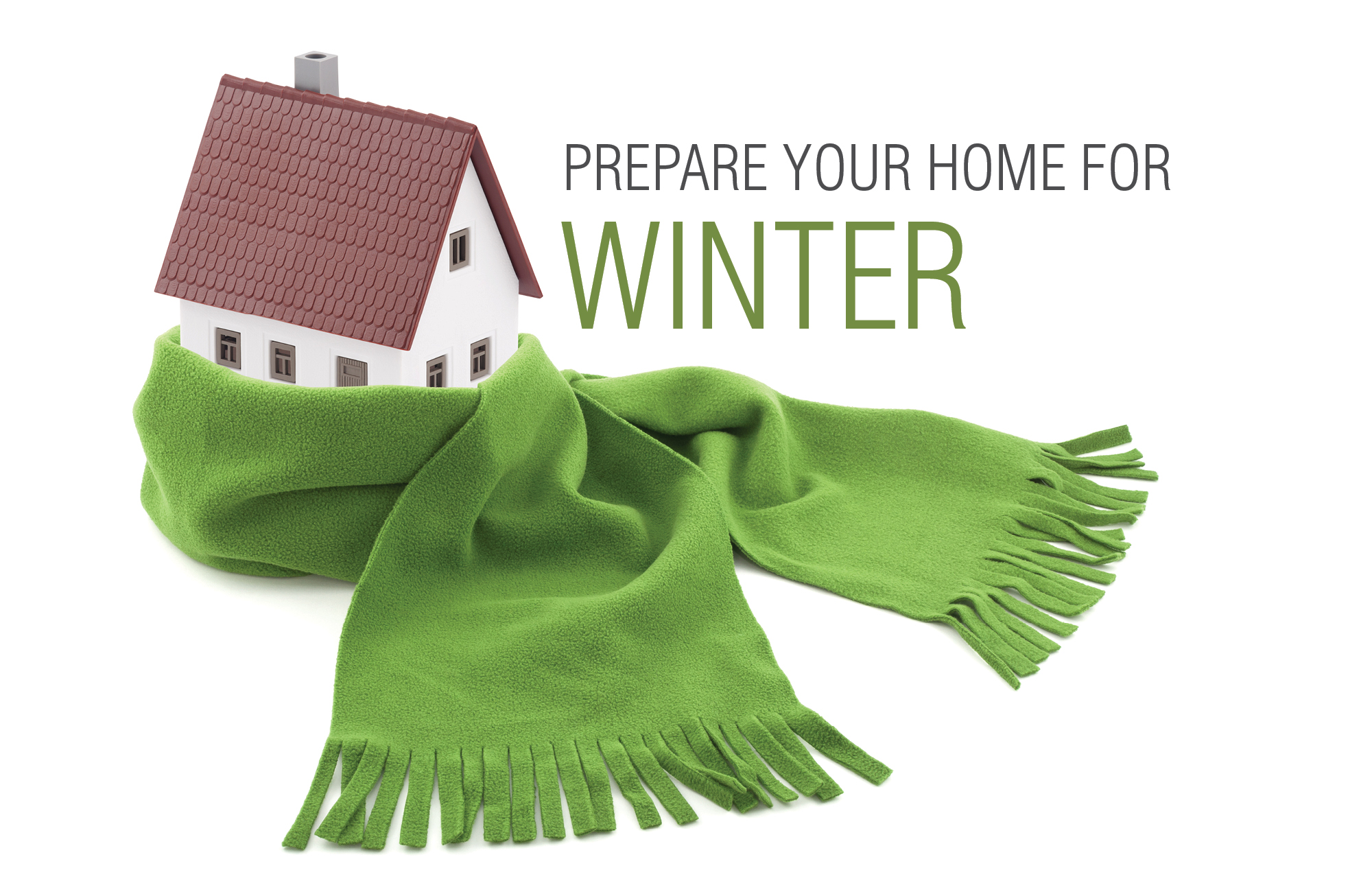
Prepare Your Home for Winter
Prepare Your Home for Winter
There’s probably a long list of things that you’d rather be doing than winterizing your home- like curling up to the fire with a cup of hot chocolate. But “Winterizing” your home can protect you from incidents that could cost you a lot more time and money in the long run. So, protect yourself against Mother Nature’s icy wrath, and save yourself some money on utilities, by knocking out these winterizing projects:
Protect your pipes- Reduce the chances of bursting pipes by keeping your home warm, insulating your pipes with sleeves if needed, and turning off the water to all exterior faucets. If temperatures drop dramatically below freezing, you can drip your facets to further reduce the chances of bursting pipes.
Check your fireplace- If you haven’t already, have your fireplace inspected. Keep the flue closed when not in use to prevent warm air from leaving and insects or critters from getting in. Now is also a good time to test your fire alarm and replace batteries if needed.
Service your furnace. If your gas furnace is dirty, inefficient, or old, it runs the risk of leaking carbon monoxide- an odorless yet deadly gas. Have your furnace serviced to ensure that it's working properly. You can also install carbon monoxide detectors near your furnace.
Change your furnace filter. Dirty filters are bad for your health and make your furnace have to work harder. Furnace filters should be replaced every month in the winter.
Caulk and weather-strip- If needed, caulk or weather-strip doors and windows that leak air. Depending on quality, caulk needs to be replaced about every 5 years. Your weather-stripping should be replaced if you can see light around the edges of your doors.
Weatherproof your windows- if you have older windows, you’re probably losing a lot of warm air through them. If you don’t have the money to invest in new windows, you can purchase plastic film insulation- a budget-friendly solution that can help insulate your windows quickly and easily.
Consider investing in a programmable thermostat. These high-tech thermostats can be programmed to lower temperatures while you’re at work or sleeping, helping you to save energy and cut costs.
Clean your gutters and downspouts and trim branches. If you cleaned them in the fall, check them again to make sure they’re clear. Trim branches that hover over the roof.
Store your outdoor equipment and furniture- Extreme cold weather and elements can cause damage to outdoor furniture, grills, and lawn equipment. Move what you can into storage. If you’re keeping your grill outside for the winter, protect it with a cover and keep the propane connected but turned off. If you’re bringing the grill inside, leave the take outside in an upright position.
Prepare an emergency kit- If the power were to go out due to a winter storm, make sure you’re prepared with firewood, bottled water, nonperishable food, blankets, flashlights and candles, and plenty of batteries.
< Go Back
